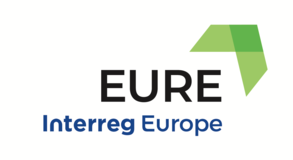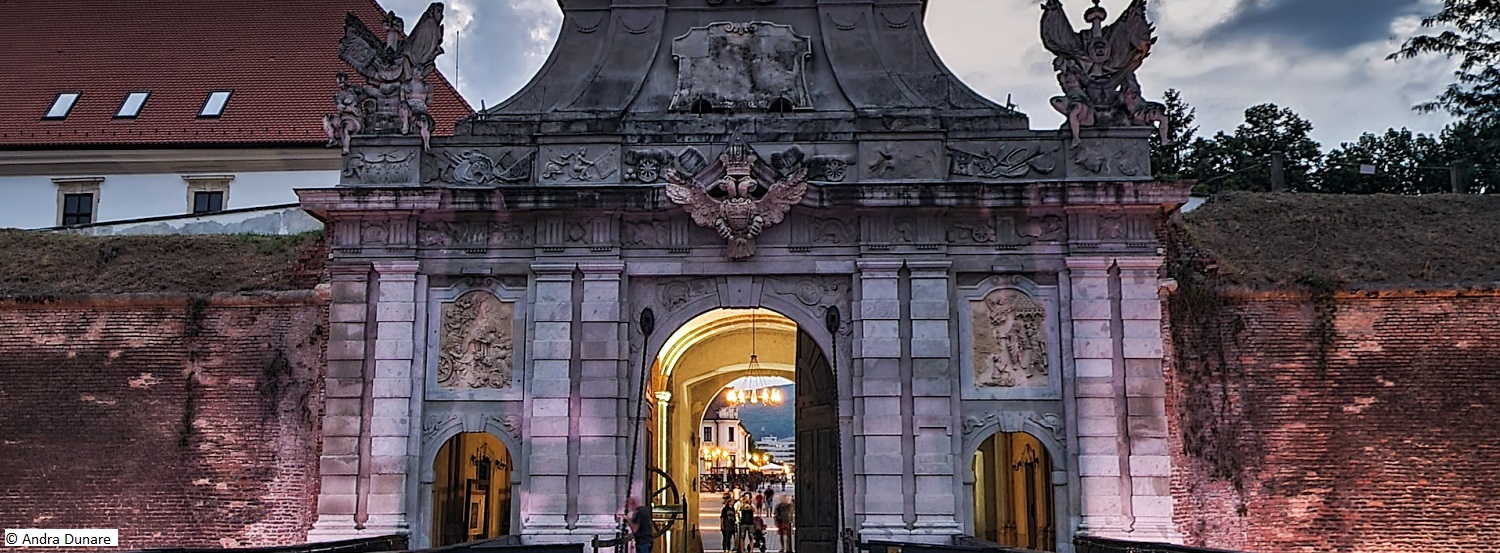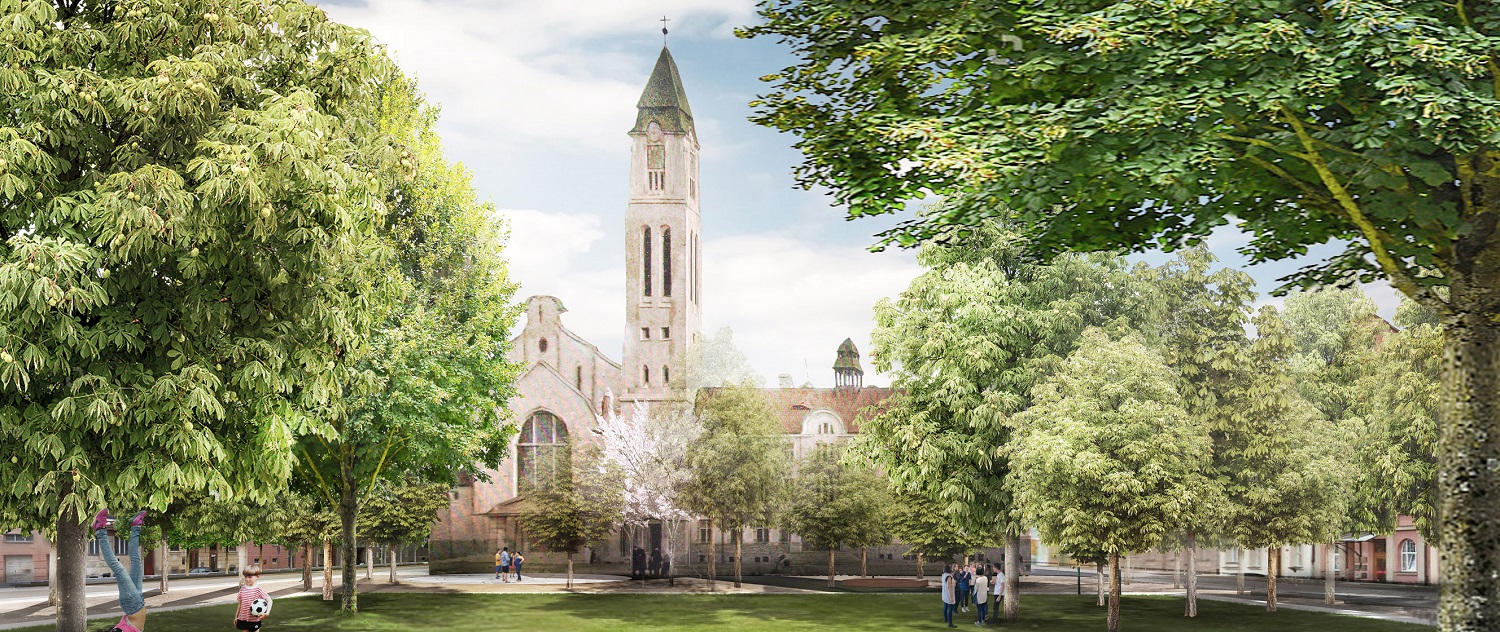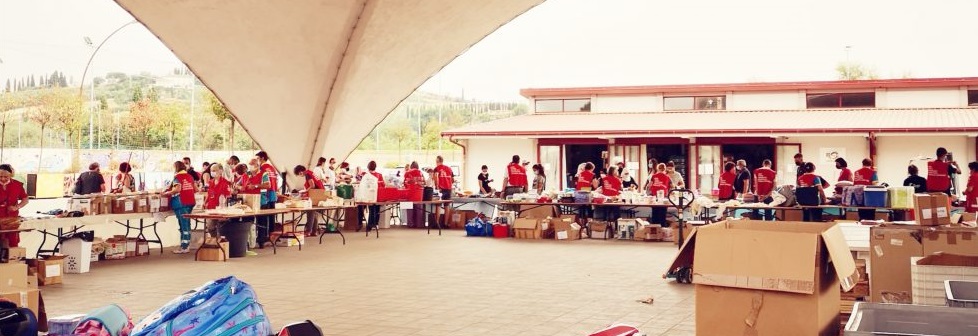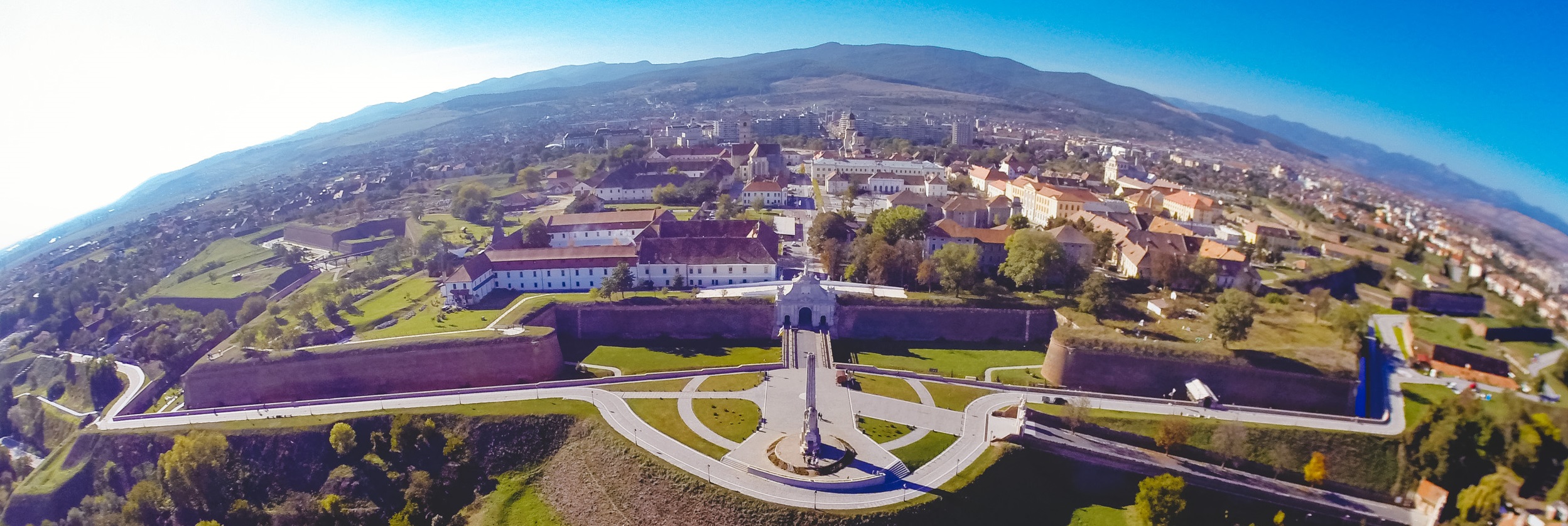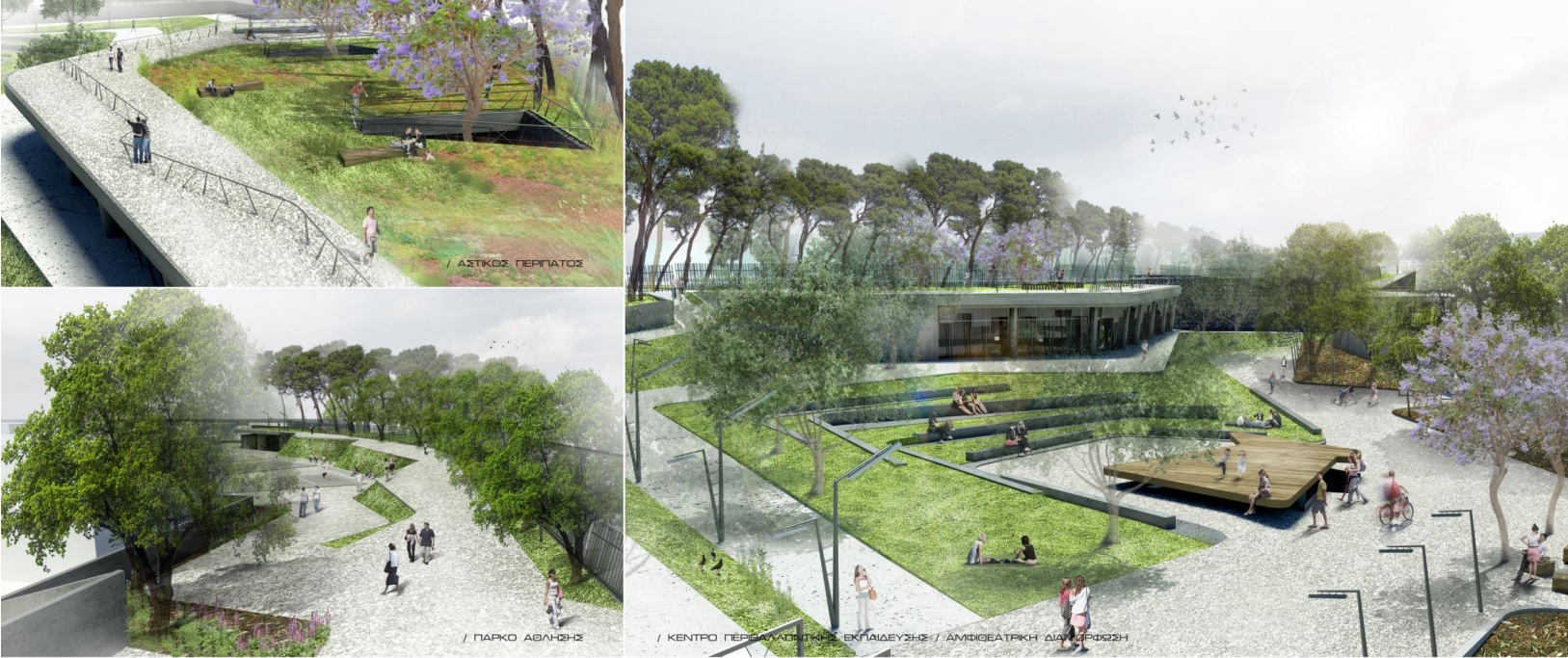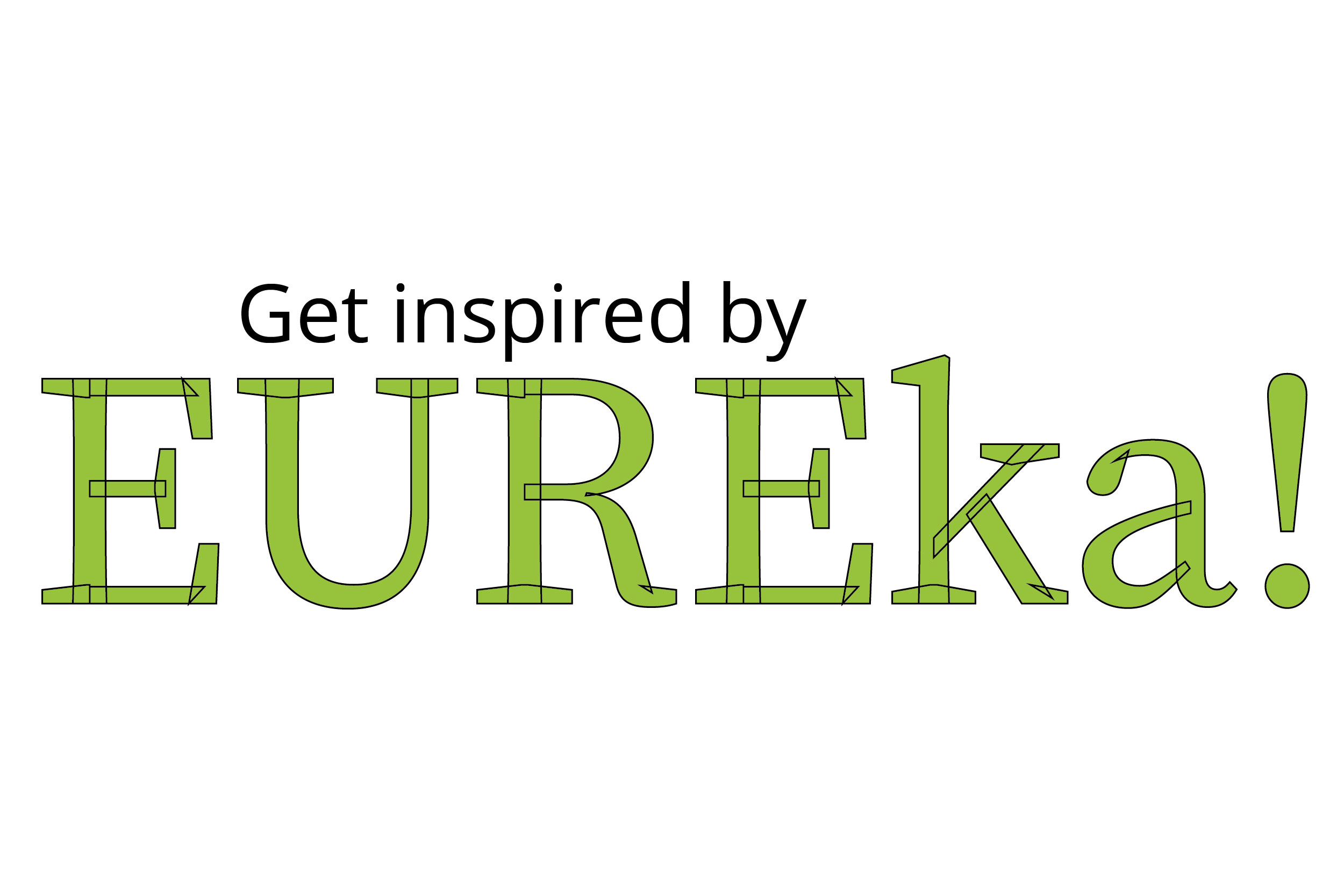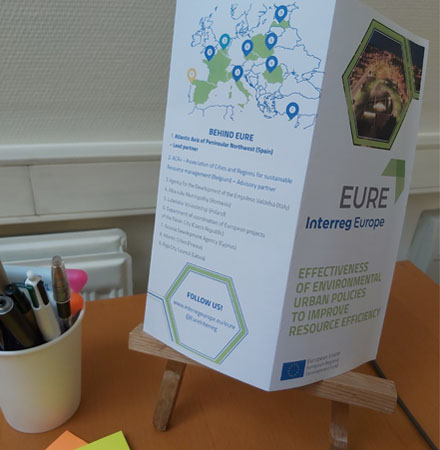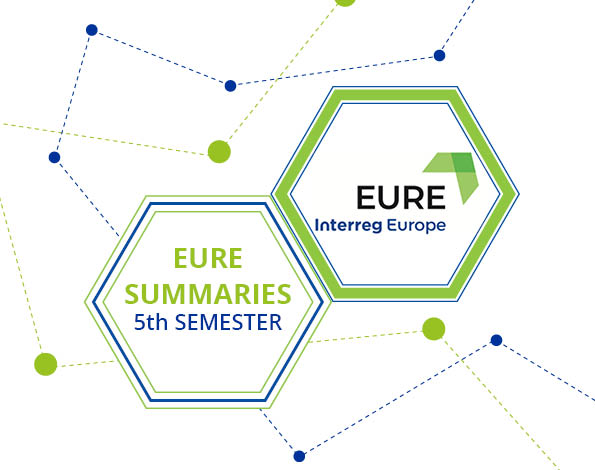With more than 80 % of its population expected to live in urban areas by 2050, Europe is a highly urbanised continent. These urban areas are seen as both the source of and solution to today's economic, environmental and social challenges. This requires an adequate response and efficient governance. Consequently, several instruments and programmes have been developed by the EU such as the New Urban Agenda for the EU (adopted in 2016), the new Leipzig Charter (adopted in 2020).
EURE geared its attention to one of these instruments, the European Regional Development Fund (ERDF) aimed to strengthen economic and social cohesion in the European Union by correcting imbalances between its regions. Partners investigated how the ERDF funds allocated for the development of urban policies are being used and how they can be improved in the territories covered by the project. Results of their work have been compiled in a newly released report entitled “For a better and sustainable quality of life in European cities”.
Analysing the EU intervention in urban areas
The report provides an overview of the reasons why the EU is, and should continue intervening in urban areas as well as how urban areas actors perceive the EU intervention. It is based on the deep experience of the EURE project partners who come from 9 countries and cover 480 cities and a population of more than 10 million inhabitants of the European Union. The report contains important information on the state of art in the EU on:
- Sustainable Land Use and Urban Renewal
- Water supply and Management
- Waste management and Circular Economy
- Energy Transition
- Sustainable Urban Mobility
- Air and Noise Quality
- Climate Adaptation
- Green Growth and Eco-Innovation
- Social Inclusion
- Governance for sustainable urban development and Civil Society Participation
55 best practices examples illustrate the analysis to show cases of success stories in Europe in different thematic, including 10 good practices of ITI – Integrated Territorial Investments – concerning Sustainable Urban Development.
15 recommendations for the future of the EU Urban Policy
The report concludes on a set of recommendations to the European Commission to be considered in the implementation of the next Regulations concerning EU funding in the framework the structural funds programming period of 2021-27. They cover four areas: How future EU Urban Policy should look like; Recommendations for each one of the urban policy thematic; Financing; Governance.
While exploring how future EU Urban Policy should look like, EURE partners highlight the importance of environmental sustainability, which must be understood as a transversal reference framework of the cohesion policy not only as an important element for safeguarding the natural resources and ensure a development process which is compatible with the challenges of climate change. Environmental sustainability is a real driving force of the regional growth. The new cohesion policy, in accordance with each regional planning process, will have to include “green deals”, that is agreements signed not only by regions and the EU but also by local authorities and business actors in order to redefine the economy and boost the development.
Curious about the other recommendations?
Discover them in "For a better and sustainable quality of life in European cities".
An executive summary is also available here.
